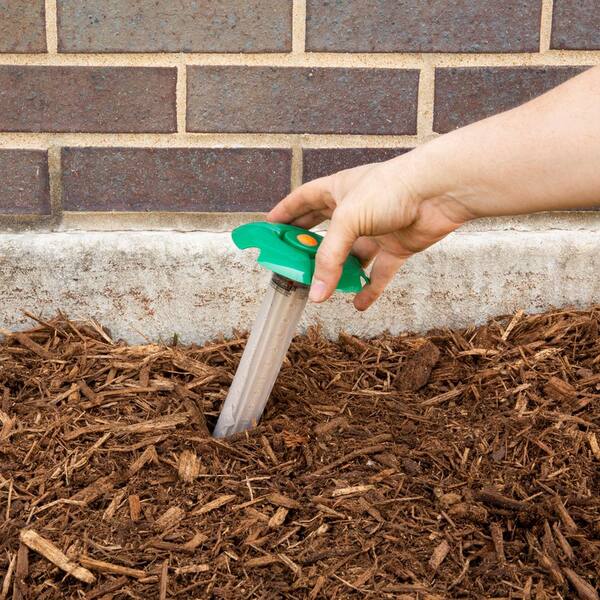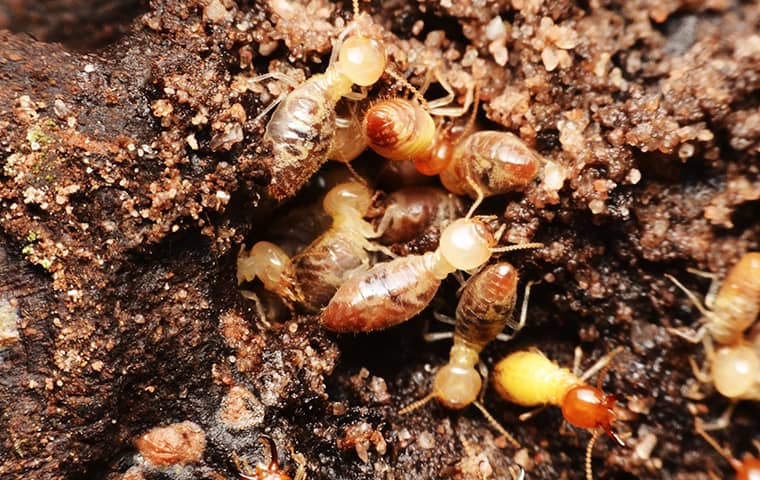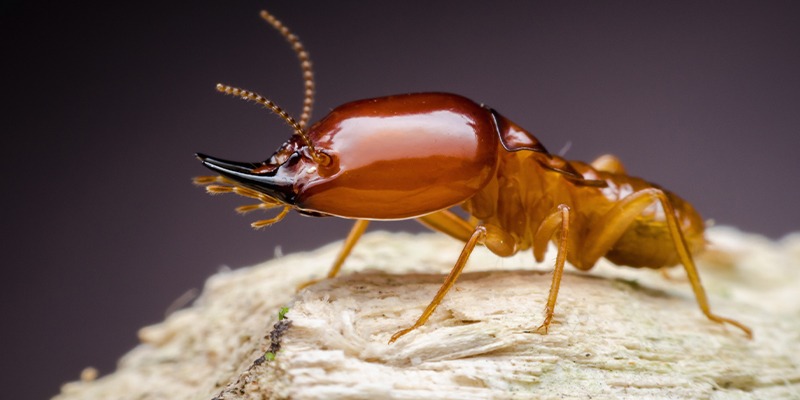Comprehensive Termite Control: Protect Your Residential Or Commercial Property with Specialist Services
Comprehensive Termite Control: Protect Your Residential Or Commercial Property with Specialist Services
Blog Article
Environmental Impact of Insect Control: Balancing Performance With Sustainability
The environmental effect of parasite control is an essential issue that needs a fragile equilibrium between accomplishing performance in guaranteeing and taking care of pests sustainability of our ecological communities. From the usage of hazardous chemicals that leak right into our dirt and water to the unplanned consequences on non-target varieties, the repercussions of traditional parasite control techniques are far-reaching.
Hazardous Chemicals in Insect Control
The application of hazardous chemicals in insect control positions considerable environmental and health and wellness risks that require careful consideration and mitigation methods. Chemicals, herbicides, and pesticides are typically utilized to get rid of bugs, yet their widespread application can lead to unintended effects. These chemicals can contaminate dirt, water resources, and the air, impacting not only the targeted pests however likewise helpful bugs, wildlife, and humans.

To address these threats, incorporated insect monitoring (IPM) strategies are being promoted as a more lasting option. IPM involves a combination of methods such as biological control, habitat control, and the targeted use pesticides as a last hope (ant control walkerton nc). By adopting a holistic approach to pest control, we can minimize the ecological and health and wellness effects connected with hazardous chemicals while effectively handling pest populaces
Influence on Non-Target Types
Taking into consideration the unintended repercussions of insect control techniques, the influence on non-target varieties is a critical facet that requires complete examination. While parasite control measures aim to target particular insects, various other microorganisms in the ecosystem might be inadvertently impacted. Non-target types, including valuable pests, birds, animals, and even plants, can experience indirect or straight injury from pesticide applications or organic control approaches.
Pesticides designed to deal with a specific bug pest may hurt pollinators like bees or all-natural predators such as ladybugs. Organic control representatives, if not species-specific, can present threats to unplanned targets, interrupting the environmental balance.
To alleviate the effect on non-target species, incorporated bug management (IPM) techniques that highlight a holistic strategy to pest control are suggested. These methods focus on making use of environmentally friendly methods, reducing harm to valuable organisms while efficiently taking care of pest populations. Conducting thorough risk evaluations and keeping an eye on the results of insect control efforts are vital action in securing non-target varieties and promoting overall ecosystem wellness.
Soil and Water Contamination
Unplanned ecological consequences of pest control approaches expand past affecting non-target species, with considerable implications for soil and water contamination - termite control. Pesticides, herbicides, and chemical fertilizers made use of in insect control can seep right into the soil and pollute groundwater, presenting a threat to both marine and terrestrial ecological communities.
Water contamination is one more vital concern associated with parasite control techniques. To alleviate dirt and water contamination from bug control activities, incorporated pest management approaches that focus on sustainability and decrease chemical inputs are essential.
Air Pollution From Pesticide Use
Exposure to airborne pesticides during farming applications presents a considerable issue for air pollution control procedures. Additionally, pesticide drift, where chemicals are carried by the wind to unintentional areas, can lead to the contamination of close-by communities and water bodies.

Methods for Lasting Pest Control
In the realm of farming techniques, carrying out lasting bug control strategies is extremely important for maintaining environmental balance and protecting crop yields. Sustainable pest control highlights the use of environmentally friendly approaches to take care of pest populations effectively while decreasing damage to non-target organisms and communities. Integrated Pest Monitoring (IPM) is an extensively embraced technique that integrates biological, social, physical, and chemical control methods to achieve lasting pest management services.
One key method in lasting insect control is advertising biodiversity within agroecosystems. By improving natural enemies of bugs, such as parasitoids and predators, farmers can decrease the need for synthetic pesticides. Plant turning and diversification are additionally effective techniques to disrupt pest life process and develop much less favorable conditions for parasites to prosper. Additionally, making use of pest-resistant crop varieties and utilizing techniques like catch cropping can help in reducing insect stress without depending heavily on chemical treatments. Ultimately, by incorporating these sustainable insect control strategies, farmers can accomplish an equilibrium in between pest administration performance and ecological stewardship.
Conclusion
In final thought, the environmental influence of parasite control methods have to visit the site be thoroughly considered to stabilize efficiency with sustainability. Unsafe chemicals used in pest control can cause dirt and water contamination, air pollution, and harm non-target types - ant control. It is important to carry out lasting bug control strategies to minimize these unfavorable effects on the environment and advertise a much healthier ecosystem for future generations
By taking on a holistic approach to pest control, we can lessen the environmental and health impacts associated with unsafe chemicals while effectively managing pest populations.

To mitigate the air pollution caused by chemical use, it is essential to adopt integrated bug administration approaches that focus on the usage of non-chemical bug control techniques, such as crop rotation, all-natural predators, and immune plant selections. Lasting bug control emphasizes the use of ecologically pleasant methods to handle pest populaces successfully while decreasing injury to non-target organisms and ecosystems. Integrated Parasite Monitoring (IPM) is a widely embraced technique that integrates biological, social, physical, and chemical control methods to achieve long-lasting insect administration options.
Report this page